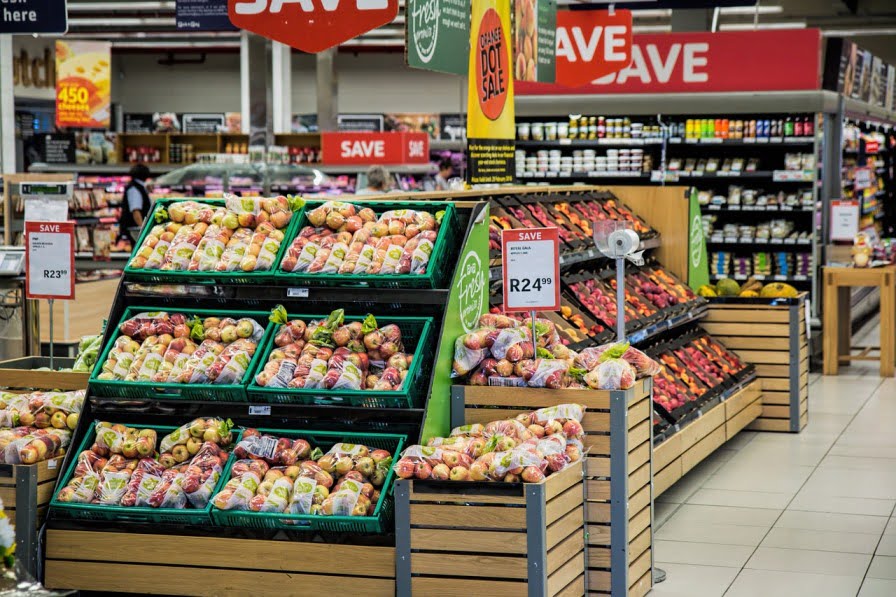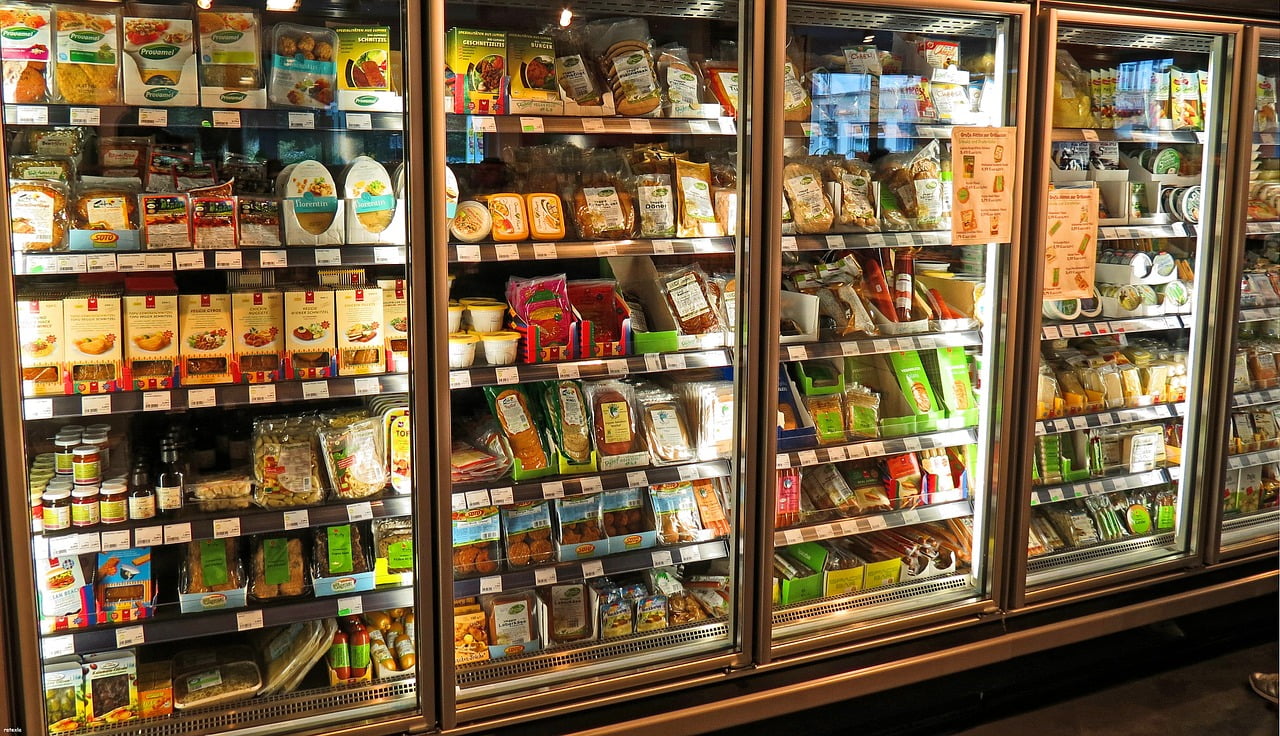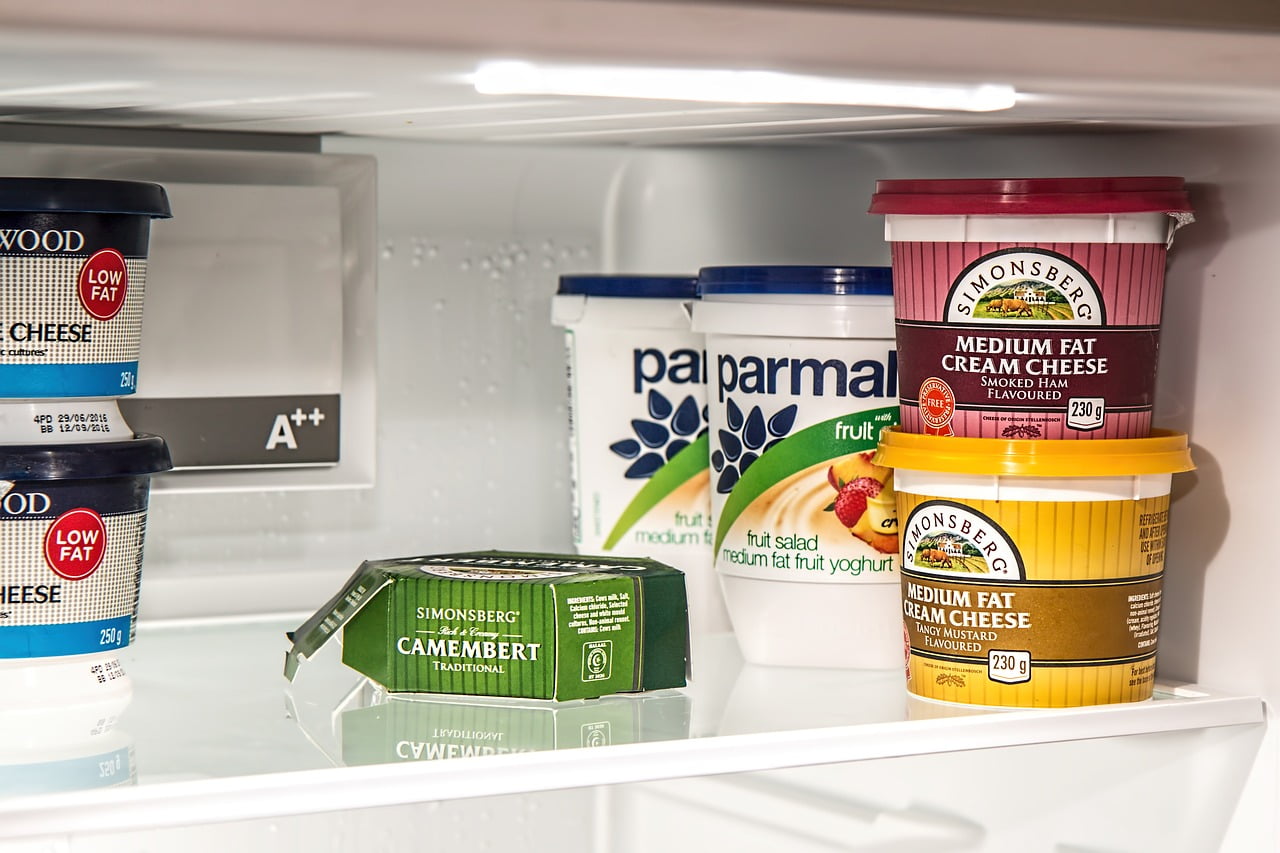The European Union has invested €7.7 million in the Israeli-led project NanoPack, a new initiative to develop antimicrobial food packages for perishable foods, based on nanotechnology. These solutions could reduce the staggering 1.3 billion tons of food wasted each year, which cause major economic loss and significant harm to the world’s natural resources.
SEE ALSO: Phresh Keeps Your Fruits And Veggies Fresh, Saves Up To $400 A Year
In order to extend food’s shelf life, the team – led by the Technion-Israel Institute of Technology – is using novel antimicrobial surfaces and natural materials.
“NanoPack will demonstrate a solution for extending food shelf life by using novel smart antimicrobial surfaces, applied in active food packaging products,” Dr. Ester Segal of the Technion said in a statement. “NanoPack will enhance food safety for consumers by significant growth inhibition of food-borne microbes, which in turn will prevent food-borne illness outbreaks and early spoilage.”
Applying the power of nanotechnology, the project will employ polymer composites based on natural Halloysite Nanotubes (HNTs) as reliable and safe carriers, capable of tailored release of bio-active payloads. Thanks to their size, HNTs are unable to migrate from the food packaging into the food.
Worldwide, a trillion plastic bags are used each year, nearly 2 million each minute, according to the Earth Policy Institute. Simon van Dam, Project Manager of NanoPack, tells NoCamels the team will also examine whether these new packages can be recycled.
Natural oils prevent disease
Sign up for our free weekly newsletter
SubscribeMaximizing safety, HNTs in the NanoPack food packaging slowly release tiny amounts of potent, natural and EU-approved essential oils into the packaging headspace. The oils exhibit both antimicrobial and anti-fungal properties and can be tailored to inhibit growth of most food-borne microbes.
The active polymer films developed by NanoPack exhibit broad-spectrum antimicrobial properties, without the use of nanomaterials such as silver particles, which have raised health concerns of toxicity and microbial resistance.
NanoPack intends to develop, scale up and run pilot lines in operational industrial environments to manufacture and validate antimicrobial polymer films that are commercially feasible and accepted by retailers and consumers alike.
SEE ALSO: Anti-Bacterial Packaging To Prolong Pepsi’s Shelf-Life
According to Segal, the three-year project, involving 18 research teams from European countries, is excepted to “present better-performing, safer and smarter products that will position Europe as the leader in food nanotechnology and smart antimicrobial packaging while increasing competitiveness and growth.”
NanoPack, which is led by the Technion, is funded as part of HORIZON 2020, the EU Framework Programme for Research and Innovation.
Related posts

Editors’ & Readers’ Choice: 10 Favorite NoCamels Articles

Forward Facing: What Does The Future Hold For Israeli High-Tech?

Impact Innovation: Israeli Startups That Could Shape Our Future






Facebook comments